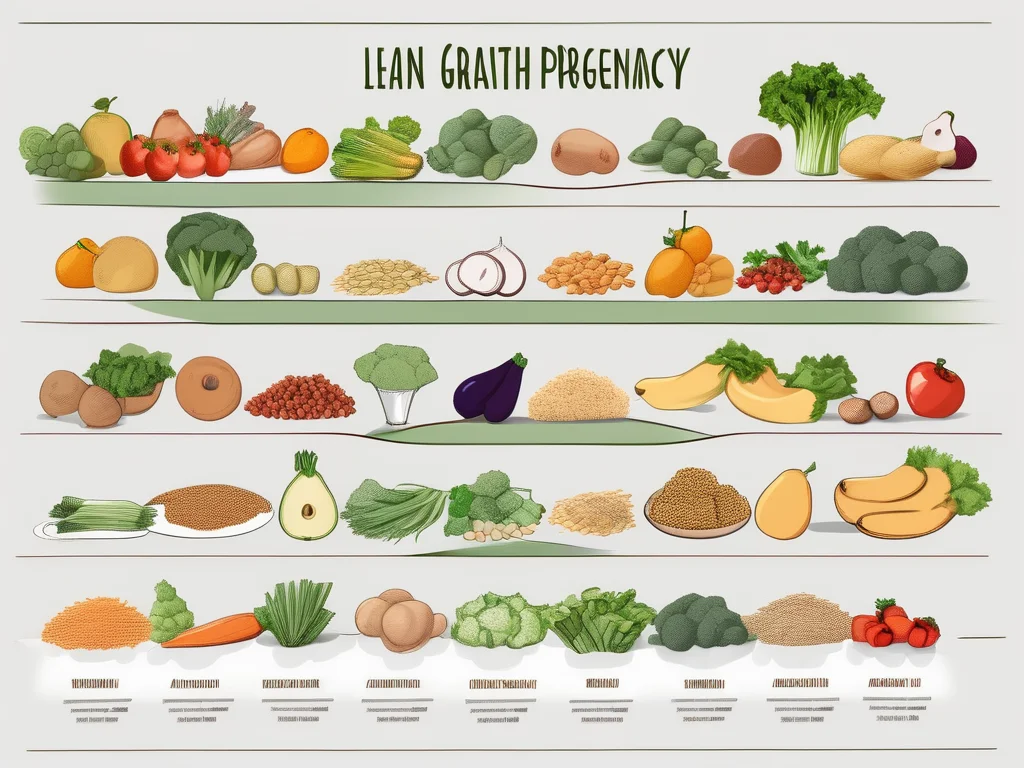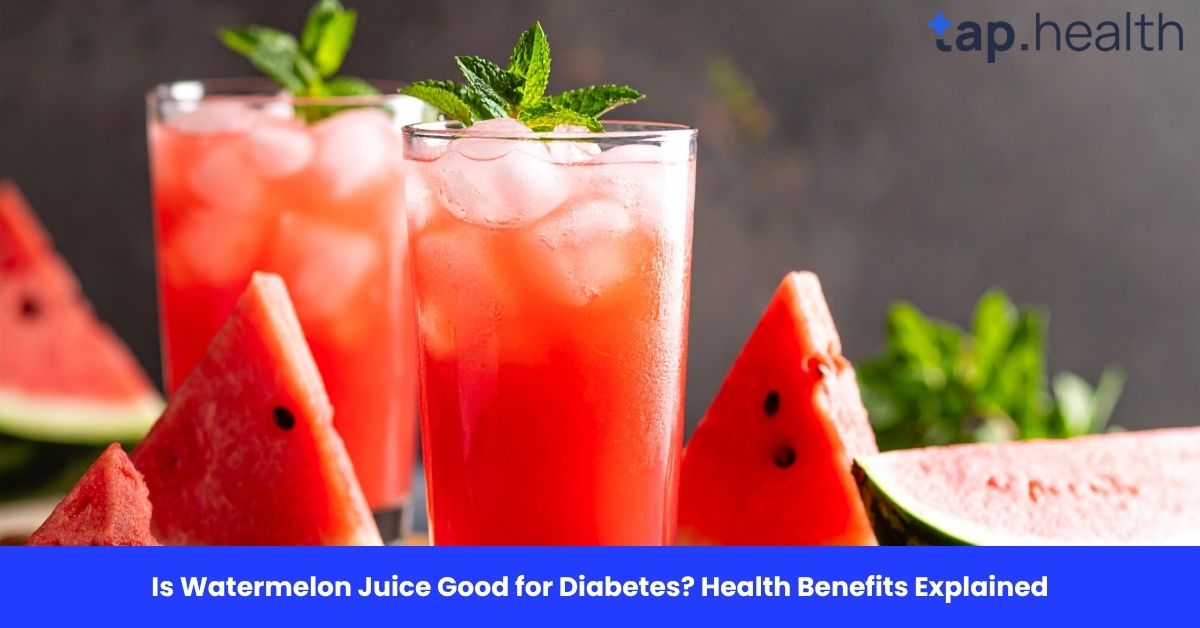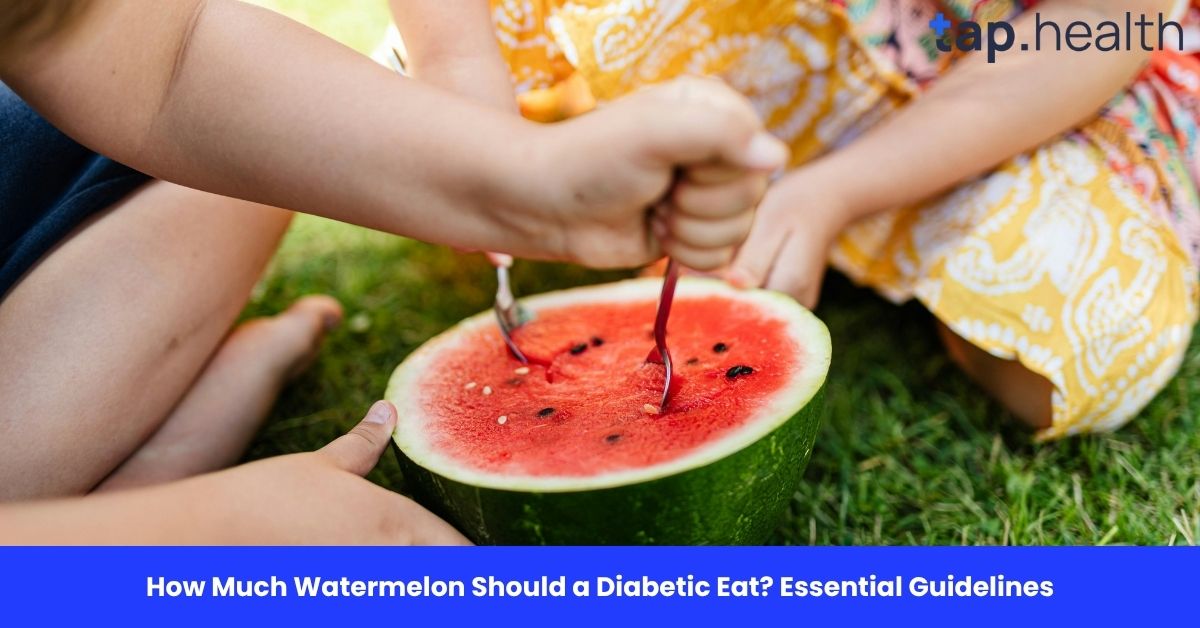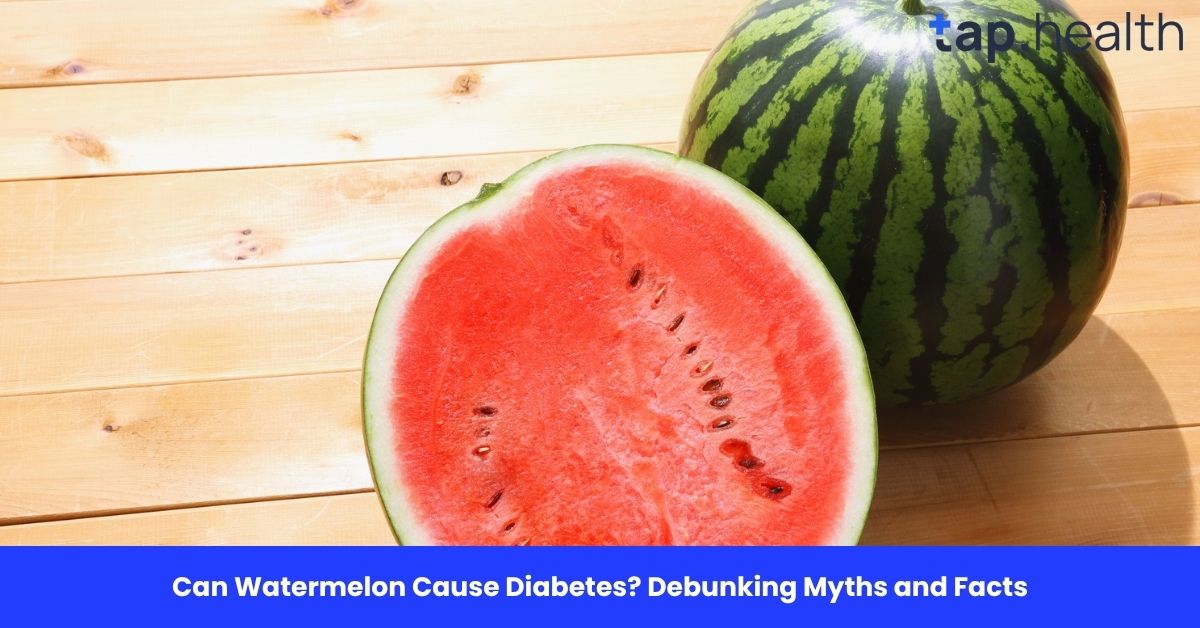The early stages of pregnancy are crucial in laying a strong foundation for the health and development of your baby. One of the key aspects of ensuring a healthy pregnancy is maintaining a well-balanced diet that provides all the necessary nutrients. Understanding the importance of nutrition during this period is essential to support the growth of your baby and keep your own health in check.
Understanding the Importance of Nutrition in Early Pregnancy
Pregnancy is a time of significant changes in a woman’s body. Proper nutrition ensures that both the mother and the baby have the required nutrients for optimal growth and development. It helps in preventing birth defects, supporting the baby’s brain development, and promoting a healthy pregnancy overall.
During the first few months, the nutritional needs of the mother increase as the body works to form the placenta, a vital connection between the mother and the baby. A diet rich in essential vitamins and minerals is crucial to support this process.
The Role of Vitamins and Minerals
Vitamins and minerals play a crucial role in a healthy pregnancy. Folic acid, for example, helps in the formation of the baby’s neural tube, which later develops into the brain and spinal cord. Including foods like leafy green vegetables, citrus fruits, and legumes ensures an adequate intake of folic acid.
Iron is another vital nutrient during pregnancy as it aids in the production of red blood cells, which carry oxygen to both the mother and the baby. Lean meats, poultry, fish, and fortified cereals are excellent sources of iron.
The Impact of Hydration
Maintaining proper hydration is equally important during pregnancy. It helps in regulating body temperature, supporting nutrient transport to the baby, preventing constipation, and reducing the risk of urinary tract infections.
It is recommended to drink at least 8-10 glasses of water per day. If you’re finding it challenging to consume plain water, you can also include other hydrating beverages like herbal teas or infused water with fresh fruits.
The Benefits of Exercise
In addition to proper nutrition and hydration, regular exercise can have numerous benefits during pregnancy. Exercise helps to improve circulation, reduce pregnancy discomfort, and promote a healthy weight gain. It can also help to alleviate stress and improve mood.
However, it is important to consult with your healthcare provider before starting any exercise routine during pregnancy. They can provide guidance on the types of exercises that are safe and appropriate for your specific needs.
The Importance of Rest and Sleep
Rest and sleep are essential for the well-being of both the mother and the baby. During pregnancy, the body goes through various changes that can cause fatigue and discomfort. Getting enough rest and sleep can help to alleviate these symptoms and promote overall health.
It is recommended to aim for 7-9 hours of sleep per night and to listen to your body’s signals for rest throughout the day. Finding comfortable positions for sleep, such as using pregnancy pillows or sleeping on your side, can also help to improve sleep quality.
Also Read: First Month Pregnancy Diet Chart: Foods to Eat and Avoid
Key Components of a Healthy Pregnancy Diet
A healthy pregnancy diet consists of a variety of nutrient-dense foods that provide the necessary vitamins, minerals, and macronutrients. Ensuring a well-rounded intake of essential nutrients during the first trimester is particularly important. Let’s explore some of the key components of a healthy pregnancy diet.
Essential Nutrients for the First Trimester
During the first three months of pregnancy, focus on increasing your intake of folate, iron, calcium, and vitamin D. Folate-rich foods like spinach, broccoli, and lentils support the early development of the baby’s neural tube. Incorporate iron-rich foods like lean meats, poultry, and beans to prevent anemia.
Calcium and vitamin D are essential for bone development and can be obtained from sources like dairy products, tofu, and fortified cereals. Including these nutrients in your diet supports the baby’s growth and development.
Foods to Include in Your Diet
A well-balanced pregnancy diet should consist of a variety of food groups, including fruits, vegetables, whole grains, lean proteins, and healthy fats.
Fruits and vegetables provide essential vitamins, minerals, and fiber. Aim for a mix of colorful fruits and vegetables such as berries, oranges, leafy greens, and carrots to ensure a diverse nutrient profile. Did you know that berries are packed with antioxidants that help protect your body’s cells from damage?
Whole grains like quinoa, brown rice, and whole wheat bread are rich in fiber and provide sustained energy throughout the day. They also contain important vitamins and minerals such as B vitamins and magnesium. Did you know that magnesium is crucial for the development of your baby’s nervous system?
Lean proteins such as chicken, fish, tofu, and legumes help in the development of the baby’s organs and tissues. They are also rich in essential amino acids that are important for the growth and repair of cells. Did you know that fish like salmon and sardines are excellent sources of omega-3 fatty acids, which are beneficial for your baby’s brain development?
Healthy fats from sources like avocados, nuts, and olive oil provide necessary energy and aid in the absorption of fat-soluble vitamins. They also help in the development of your baby’s brain and nervous system. Did you know that avocados are a great source of monounsaturated fats, which can help lower your risk of heart disease?
By including these nutrient-rich foods in your pregnancy diet, you can ensure that you and your baby are getting the necessary nutrients for a healthy and thriving pregnancy. Remember to consult with your healthcare provider for personalized dietary recommendations based on your specific needs and circumstances.
Also Read: 2nd Month Pregnancy Diet: Foods To Eat And Avoid
Foods to Avoid During Early Pregnancy
While there are numerous beneficial foods to include in your pregnancy diet, it is equally important to be aware of foods that may pose potential risks to you and your baby. Being cautious and avoiding these foods can prevent complications and ensure a healthy pregnancy.
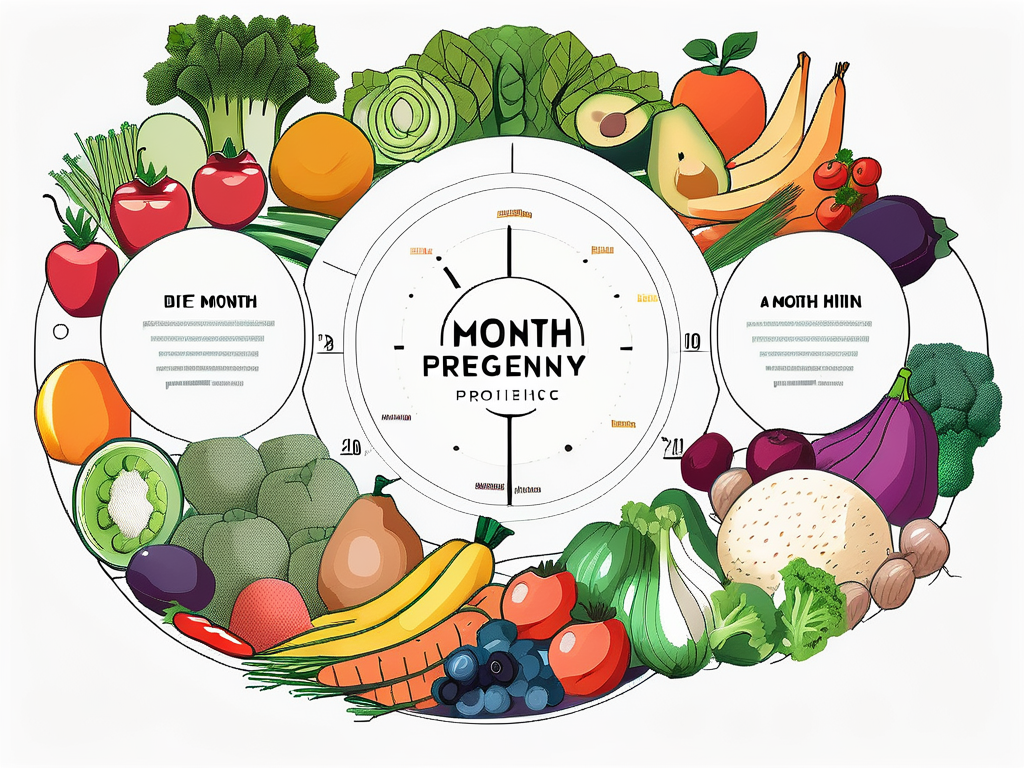
Potential Risks of Certain Foods
Raw or undercooked foods, especially meat, poultry, seafood, and eggs, should be avoided during pregnancy due to the risk of bacterial contamination. These can lead to illnesses such as salmonella and listeria, which may harm the baby.
Unpasteurized dairy products like soft cheeses and unpasteurized juices should also be avoided as they may contain harmful bacteria. It is essential to choose pasteurized options for these foods to minimize the risk.
Understanding Food Cravings and Aversions
During early pregnancy, many women experience food cravings and aversions. While it is essential to listen to your body’s signals, it is equally important to make healthy choices. Cravings for unhealthy and processed foods should be controlled, while listening to the body’s need for specific nutrients.
Seeking healthier alternatives to satisfy cravings, such as choosing a piece of fruit instead of a sugary snack, ensures that you provide your body with the necessary nutrients while satisfying your cravings.
Meal Planning for the First Three Months
Meal planning can help ensure that you consistently consume a well-balanced diet throughout the first three months of pregnancy. It helps in preventing unhealthy snacking and promotes healthy eating habits.
Breakfast Ideas for a Healthy Start
Start your day with a nutritious breakfast that includes a balance of proteins, whole grains, and fruits. A bowl of oatmeal topped with fresh berries and a side of scrambled eggs can provide a good mix of essential nutrients.
Incorporating yogurt with granola and fruits or a whole wheat toast with avocado and a boiled egg are also excellent options that provide sustained energy and essential nutrients.
Lunch and Dinner Options for Balanced Nutrition
For lunch and dinner, aim for a plate consisting of a lean protein, whole grains, and a variety of vegetables. Grilled chicken with quinoa and roasted vegetables or a salad with mixed greens, grilled salmon, and brown rice are both nutritious meal options.
Adding a side of steamed broccoli or sautéed spinach can provide additional vitamins and minerals, ensuring a well-rounded meal.
Dealing with Common Pregnancy Symptoms
Pregnancy is accompanied by various symptoms that can vary from woman to woman. Proper nutrition can play a role in managing and alleviating some of these common discomforts.
Managing Morning Sickness with Diet
Many pregnant women experience morning sickness, which can affect their appetite and overall well-being. While it is important to consult with a healthcare professional for severe cases, there are dietary strategies that may help alleviate morning sickness.
Eating small, frequent meals throughout the day, avoiding greasy and spicy foods, and opting for bland, easily digestible options can help manage nausea. Ginger-based foods and herbal teas, such as ginger tea or peppermint tea, are known to have soothing effects on the stomach.
Combatting Fatigue Through Nutrition
Fatigue is another common symptom experienced during early pregnancy. Ensuring proper nutrition can help combat this fatigue and improve overall energy levels.
Include foods rich in iron, such as lean meats, beans, and fortified cereals, to help prevent anemia, a common cause of fatigue during pregnancy. Consuming a variety of fruits and vegetables along with whole grains and lean proteins provides sustained energy throughout the day.
Incorporating a Healthy Pregnancy Diet Into Your Routine
Achieving a well-balanced pregnancy diet may require some adjustments in your eating habits and meal planning. It’s important to consult with a healthcare professional or a registered dietitian specialized in prenatal nutrition to address any specific concerns or individual needs.
Pregnancy Diet Chart
Remember, each pregnancy is unique, and the nutritional needs may vary. By following a healthy pregnancy diet chart and making informed choices, you can provide your baby with the best start in life while ensuring your own well-being throughout this beautiful journey of motherhood.
